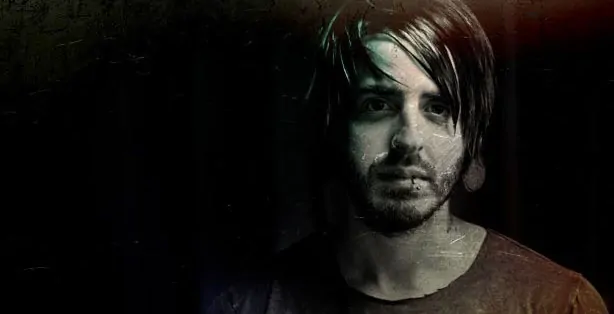The Almanac reports that there are 6.7 billion people on this earth. 6.7 billion. I read once, that if you wanted to shake hands with and introduce yourself to every person in the United States alone, it would take you 100 years. That is in the United States only. Imagine if you wanted to meet every person in the world. How long would that take? Too long to count, I’m sure. But, just for a moment, say that you could do it. You could meet every person in the entire world. Would you want to?
There are 192 countries represented in the United Nations. This doesn’t account for every single country in the world, but it gives a good estimate. Each nation has its own customs, its own use of its language, and its own characteristics. You couldn’t begin to fathom the differences from one nation to the next, let alone all the differences you could find between 192 nations.
In the United States, we have a melting pot of cultures. Immigrants come here from all over this great world, trying to find some fortune, trying to get ahead, or just trying to survive. When you look out your car window as you drive down the street, what do you see? You see Hispanics; you see African Americans; you see Caucasian people. You see hundreds of different ethnic groups, races, classes, all represented in one population.
Some people, myself included, would say that this representation of cultures is a good thing. It’s nice to see so many different people getting the opportunities that America can give. But not all people see this, and that is what bothers me.
They don’t speak your language. They don’t dress like you. They have different mannerisms, different beliefs, different opinions. People are different, that is just a fact. But, too many times, we, as Americans, as Missourians, as Christians, as teens, discriminate based on these differences. If it’s not okay for another group to think or dress the way they do, then, I ask, why is it okay for us to be the way we are?
It’s not about who is right or who is wrong. It’s not about who has proven opinions or who is just following their heart. It’s about embracing differences and learning from people, instead of mocking and disrespecting people who are more like you than you know.
You could pick any ethnicity, gender, class, or social group to look down upon. Hispanics, Muslims, rednecks, the homeless—it’s all the same situation. It’s what comes from the mockery and ridicule that is the problem. The close-mindedness and superiority complexes lead to pain and sorrow. Avoidable pain and sorrow.
Take Sara, for instance. She’s a Mexican immigrant living in this opportunity-filled land. She’s learning the language, the work ethic, and the customs. But Sara is also learning that she doesn’t fit in.
She learns of her differences from the rude names and teasing at her school. These things make her skin seem just a little bit darker and her accent a little more prominent. These kids calling her names and pointing out her every “flaw” will only discourage Sara. They will take her from a bright future of achieving dreams and becoming a contributing member of society into a life where she has given up hope, and is convinced that she will never fit it, never succeed.
Sara is just one case. She is just one example of what happens when an idea of cultural superiority goes out of control. There are hundreds of millions of Sara’s in this world.
So this is my question: Is it okay for us to look down on someone because they are different? I think not. This discrimination leads to lives ruined, futures compromised, and people broken. It leads to pain. It isn’t necessary.
Imagine, again, being able to shake hands with every single person in this world. Instead of looking at their skin color or choice of clothing, maybe we should be looking into their eyes. Maybe then we’d only see a lot of Sara’s striving to get by and have a good life, just begging for a friend. Maybe, in their hands, we’d feel the callousness of a hard life, and the firm shake of someone not willing to give up. Maybe we could look past differences in class, political parties, and religions and see that we’re all in the same boat, in the same storm, just looking for someone to help us drop an anchor. Maybe? Give me your hand, it’s time to try.





















